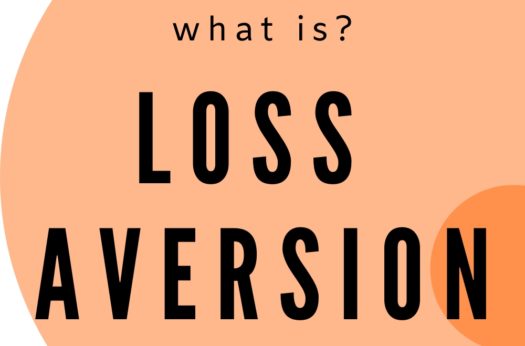This question has been repeatedly studied by behavioral economists and psychologists.
The answer up until now has always been ‘Yes’.
Until now.
Studies supporting the Loss Aversion idea are fairly numerous.
These studies come from some of the most prestigious psychologists out there. For example “the value function is considerably steeper for losses than for gains’ (Tversky and Kahneman 1986). Or “the asymmetry is commonly thought to occur because people expect the pain of losing something to exceed the pleasure of gaining it” (McGraw et al., 2010). Forgive me for not providing proper citations. This is a blog, not a scientific journal.
The idea of loss aversion has not been empirically questioned probably because of the large number of published studies showing its effect. Call it the scientific consensus herd effect.
But wait.
Some of the older studies on this subject going back to the late 1990s and early 2000s do not support the consensus.
Reviewing the consensus also shows that many studies promoting the loss aversion idea are based on predicting how the study participant will feel in the future. Not actually how they feel. If true, there is a flaw in the study design.
The weight of more recent studies is now indicating that loss aversion may not be a thing after all.
A review of the various studies asking this question at Northwestern University questions whether it is real. “The Loss of Loss Aversion: Will It Loom Larger Than Its Gain?”. David Gal, Derek D. Rucker. The Link is Here.
There is a strong belief in loss aversion among social scientists. Mukherjee, 2019 conducted a study looking at this belief. Results mostly showed people’s opinions in the belief of loss aversion as a phenomenon came “from my experience” and “for most reasonable people, this should be the case”.
What do you think? Is loss aversion real or just yet another false path from the science of psychology?



